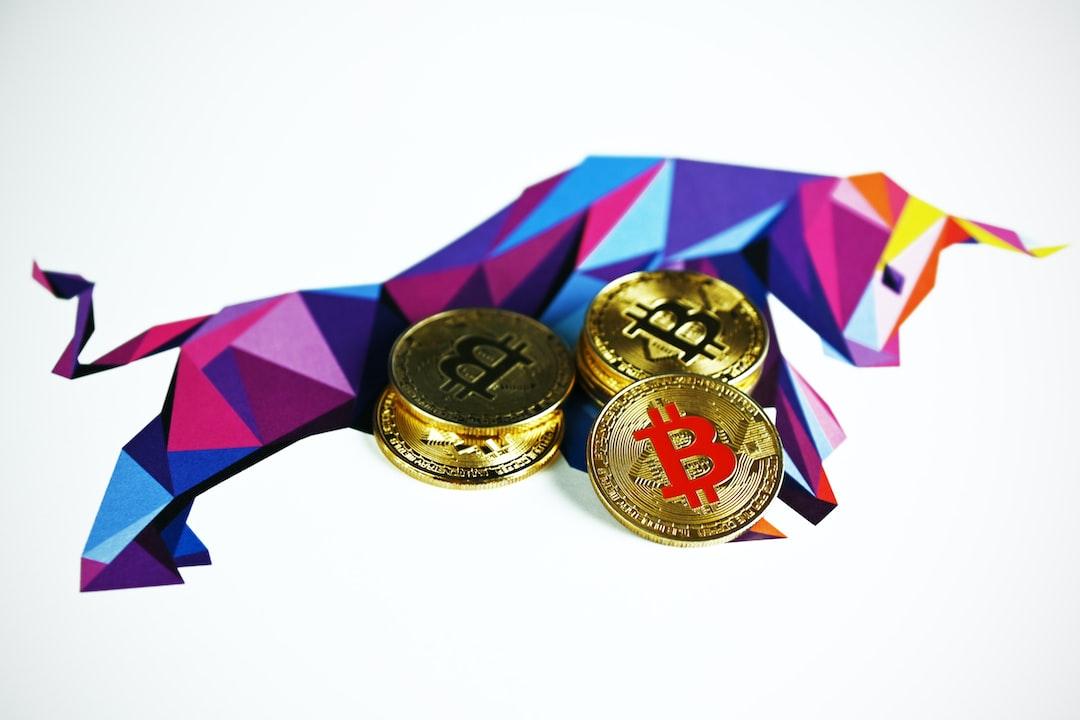Arbitrum (ARB) represents a Layer-2 solution tailored to enhance the scalability of Ethereum, consisting of two functional blockchains known as Arbitrum One and Arbitrum Nova. While Arbitrum One caters to general-purpose applications, Arbitrum Nova is primarily oriented towards gaming and social applications. The platform undergoes continuous evolution with a series of updates and enhancements, incorporating decentralized governance frameworks and permissionless validation protocols. This piece delves into two common inquiries: What exactly is Arbitrum (ARB), and how can one acquire Arbitrum (ARB) using Turkish Lira (TRY)?
Description
Arbitrum (ARB) is a Layer-2 scaling innovation crafted to amplify Ethereum’s scalability and efficacy. By harnessing roll-up technology, it boosts throughput, slashes transaction expenses, and upholds the security of Ethereum. Conceived by Offchain Labs, Arbitrum comprises two functional Layer-2 blockchains: Arbitrum One and Arbitrum Nova. For the latest technology updates, consult NEWSLINKER.
Arbitrum One functions as a general-purpose optimistic roll-up, empowering individuals to deploy decentralized applications (dApps) and smart contracts sans permission. Similarly, Arbitrum Nova, an optimistic roll-up, specifically caters to gaming and social applications, enabling individuals to deploy these applications without constraints.
Founded in 2018 by Ed Felten, Steven Goldfeder, and Harry Kalodner, Offchain Labs introduced Arbitrum as a foundational scalability solution on April 15, 2019. Following a debut on the testnet in February 2020 and a subsequent availability to all participants in October 2020, Arbitrum officially launched on the mainnet for developers in May 2021. The public launch of Arbitrum One took place on August 31, 2021, opening avenues for any user or protocol to engage with the network. Shortly thereafter, prominent protocols such as Uniswap, Curve, Aave, and Sushi were deployed on Arbitrum One.
Arbitrum has witnessed significant advancements since its inception. In August 2022, it underwent an upgrade to the Arbitrum Nitro technology stack, leading to heightened throughput and reduced gas fees. Concurrently, in the same month, Arbitrum Nova, optimized for gaming and social applications through the AnyTrust protocol, became publicly accessible.
In February 2023, Arbitrum unveiled Stylus, an enhanced programming language enabling non-EVM compatible languages like Rust to operate on both Arbitrum One and Arbitrum Nova. As of January 2024, Stylus remains in the alpha stage on the testnet and awaits activation by the Arbitrum DAO.
March 2023 marked a key phase in the project’s decentralization journey with the establishment of the Arbitrum Foundation, Arbitrum DAO, and the ARB token. The distribution of the ARB token occurred through an AirDrop to eligible participants in the previous Arbitrum ecosystem. By October 2023, Arbitrum Orbit had achieved mainnet readiness, enabling individuals to launch customizable blockchains (Orbit Blockchains).
Additionally, in August 2023, Offchain Labs introduced BOLD (Bounded Liquidity Delay), a protocol aimed at integrating permissionless validation into Arbitrum One and Arbitrum Nova. As of January 2024, the activation of BOLD remains pending with the Arbitrum DAO.
At present, Arbitrum One and Arbitrum Nova are active and operational. Users can seamlessly bridge between Ethereum and other tokens, engage in transactions, and interact with smart contracts. The on-chain governance model of the Arbitrum DAO operates actively, further decentralizing control and decision-making processes within the project.
Acquiring Arbitrum (ARB) with Turkish Lira (TRY)
Binance TR emerges as the premier cryptocurrency exchange for investors in Turkey seeking to acquire Arbitrum (ARB). With Binance TR, where account setup is swift

